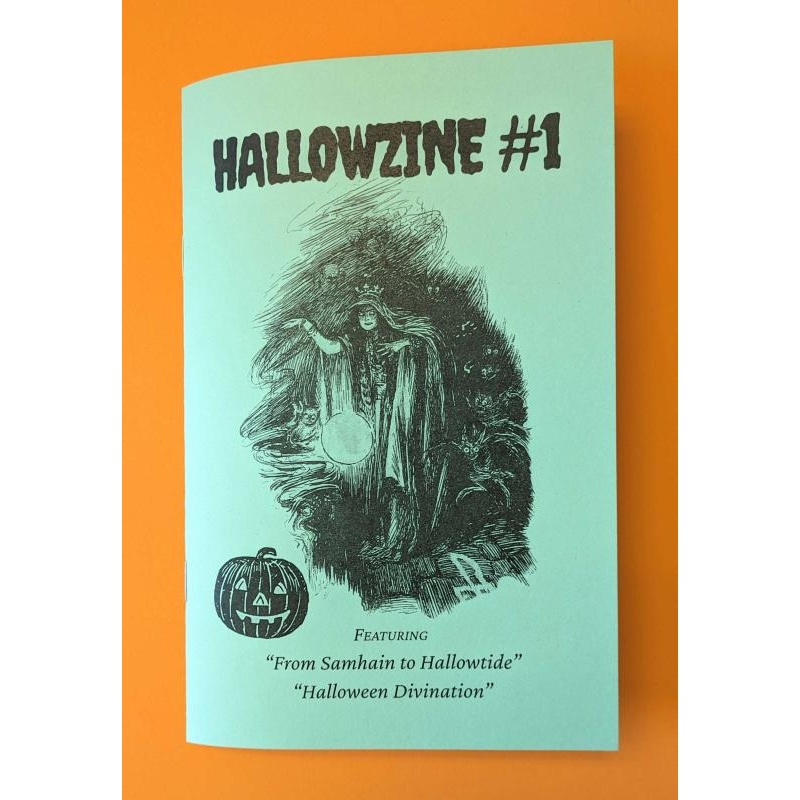
Ever wonder how Halloween came about? Or what in the world Samhain is? Or what the "hallow" in Halloween means? According to the Oxford English Dictionary, the word Halloween dates back to the 18th century, and its earliest appearance in print is Robert Burnss poem of the same name, published in 1786. It was associated with Samhain, derived from summers end, which marked the change of seasons in the Gaelic areas of Britain and Ireland. Likely due to the onset of dark and cold, Samhain was associated with the supernatural; it was also a time for divination. Samhains importance in the Celtic calendar was reinforced by the imposition upon it of a Christian festival that became primarily one of the dead. Early Christians honored martyrs on the anniversaries of their deaths on All Hallows Day (an alternate form of All Saints Day) and established a miniseason of observances known in medieval times as Hallowtidehallow(from Old English, meaning holy) meant "a saint," so the alternative name for the feast was All Hallows Day." The contraction of "evening" to "even" to "een" gave us Halloween or "Halloween."Want to learn more? Pick up this highly informational zine to find out more about Samhain, Hallowtide, and Halloween divination.
